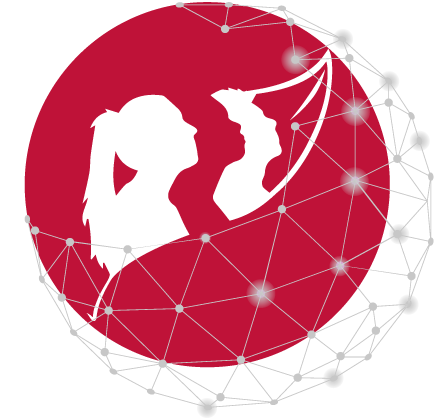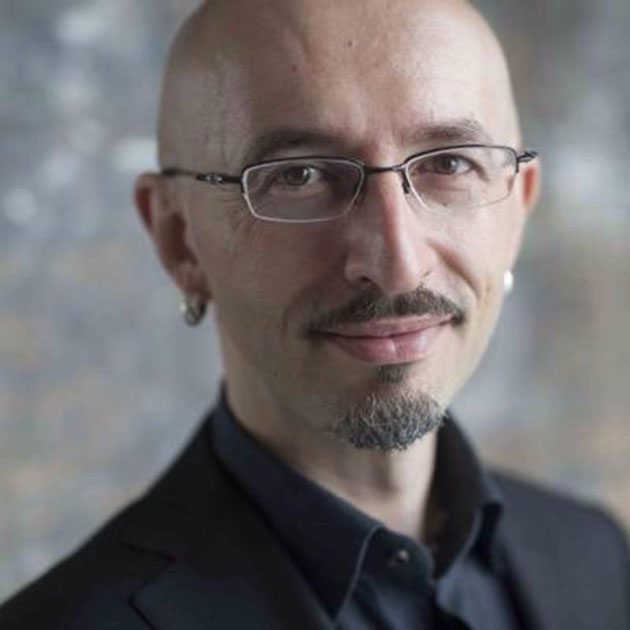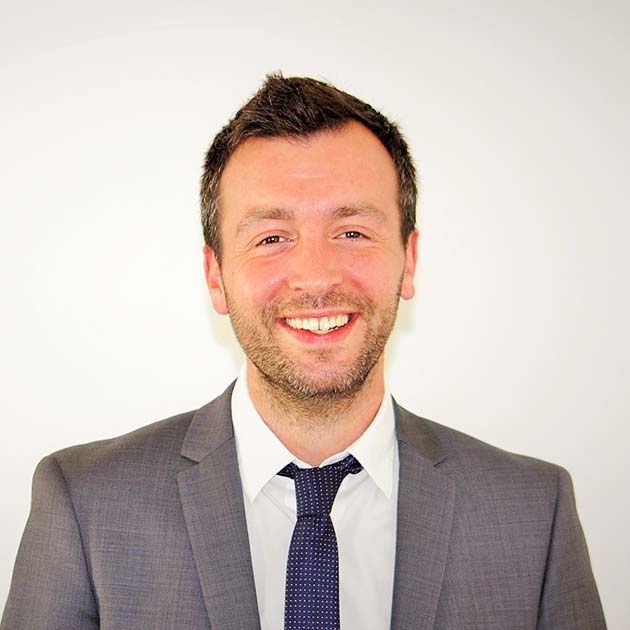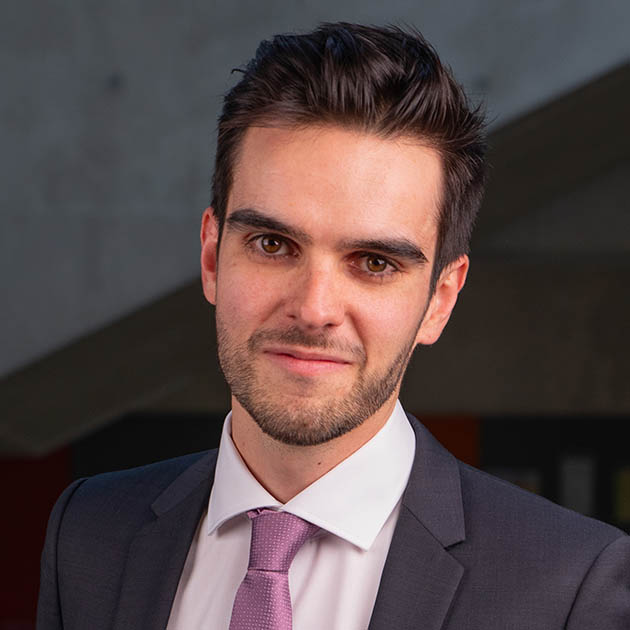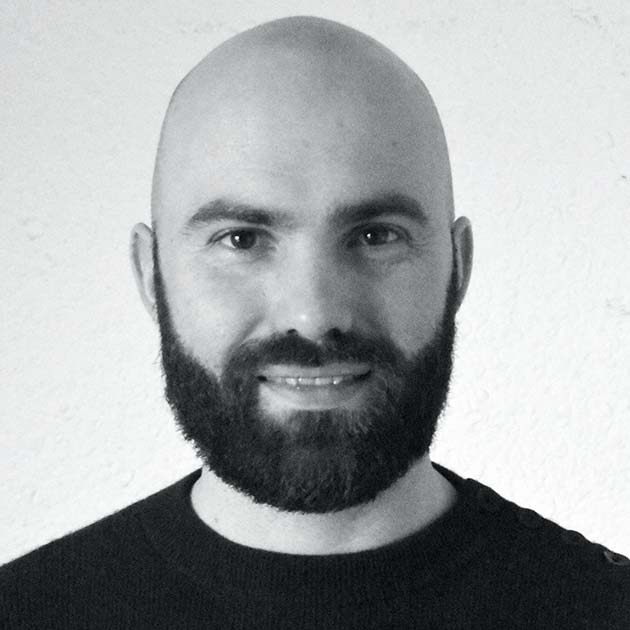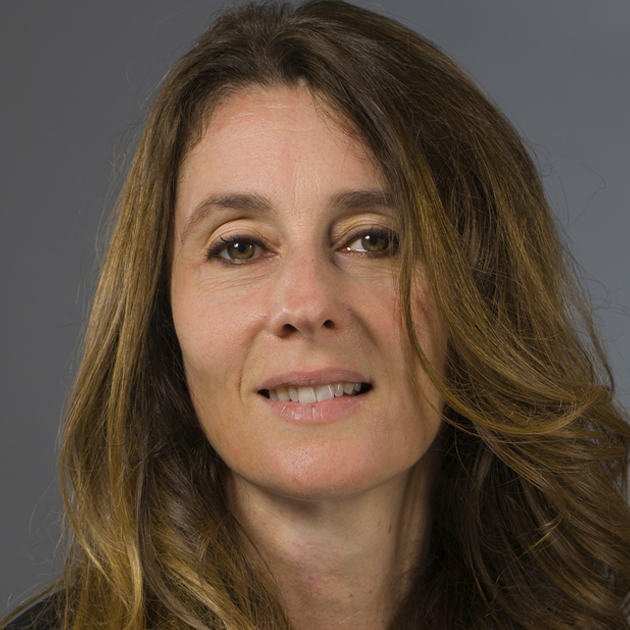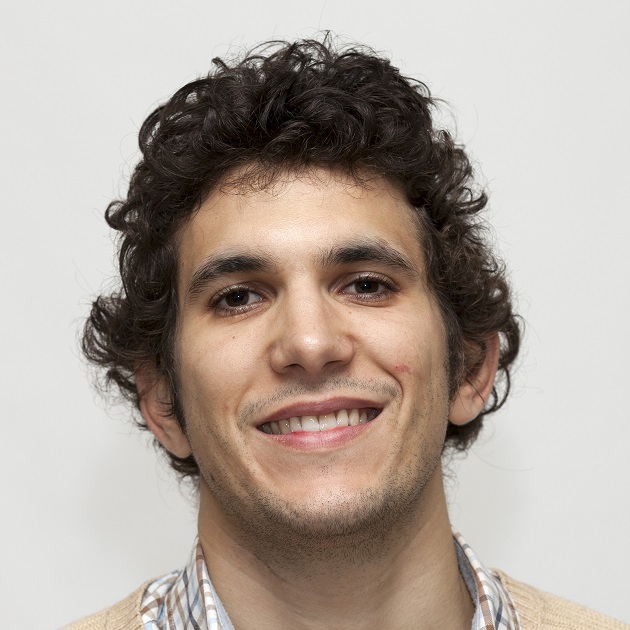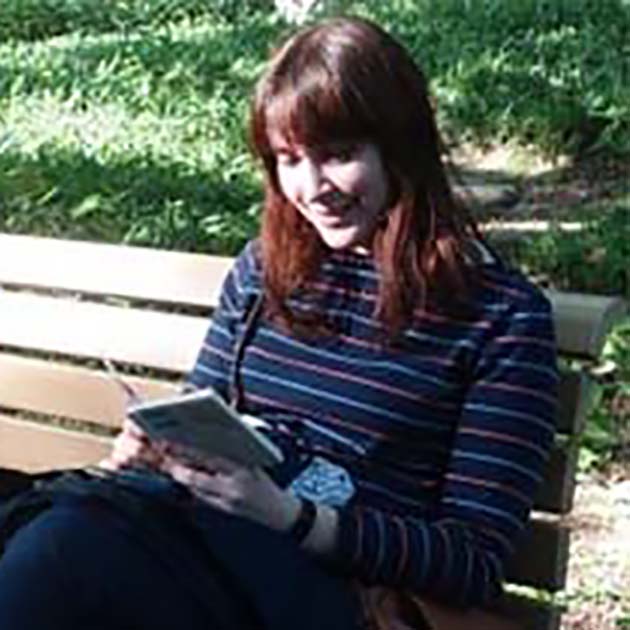The team brings together several scientific disciplines (sociology, management, law, information-communication) and relies on both qualitative and quantitative research methodologies.
Our work is carried out in the context of nationally and internationally funded projects, research chairs and partnerships with private and public actors. The research results in high-level scientific publications.
Our interdisciplinary approach allows us to address a variety of issues organized in four research themes:
Theme 1: Digital governance and regulation
We address mechanisms of governance, regulation and ethics that accompany digital technologies so as to support innovation while limiting harmful effects on individual rights and freedoms. Researchers in this area focus on topics such as the GDPR (European General Data Protection Regulation), the fight against harmful content online, the regulation of AI and platforms, « open data » initiatives, and the role of technical specifications, ethics and self-regulation in limiting digital harms.
Theme 2: Digital citizenship and participation
The work in this area focuses on online political practices, i.e., activities mediated by digital technologies that relate to institutions, participation in democratic life, or public action. Researchers in this group also study the nature of and issues related to digital rights and freedoms: inequalities of access and skills, protection of privacy, freedom of information, etc.
Theme 3: Sustainable technology and responsible digital innovation
The research conducted within this theme aims firstly to better understand the social and environmental impacts related to the permanent and ubiquitous use of digital tools. The team’s researchers are also exploring ways to positively transform digital tools to make them more in line with society’s expectations. This involves questioning the tools and their designs, as well as the uses, intended or not, that are made of them.
Theme 4: Digital transition, new business models and the future of work
All sectors, companies and workers have been affected by the digital revolution in recent years. We focus on the phenomena that have disrupted the structures and processes of many organizations and more broadly the ways of working and innovating in business. We explore topics such as micro-work platforms, the digitization of factories, the emergence of citizen projects, the collaborative economy, free software, digital entrepreneurship, strategies and organizations through the lens of technologies such as AI.
Faculty staff
 Jean-Samuel BeuscartProfessor
Jean-Samuel BeuscartProfessor Antonio CasilliProfessor
Antonio CasilliProfessor Valérie FernandezProfessor
Valérie FernandezProfessor
Holder of the Responsibility for Digital IDentity Research Chair Thomas HouyAssociate Professor
Thomas HouyAssociate Professor Thomas Le GoffAssistant Professor
Thomas Le GoffAssistant Professor David MasséAssociate Professor
David MasséAssociate Professor Winston MaxwellProfessor
Winston MaxwellProfessor Laure MuselliAssociate Professor
Laure MuselliAssociate Professor Alban OuahabAssociate Professor
Alban OuahabAssociate Professor Caroline RizzaAssociate Professor
Caroline RizzaAssociate Professor Tiphaine ViardAssociate Professor
Tiphaine ViardAssociate Professor
PhD candidates
- Bazenet Flavien, Management Sc.
- Bertrand Astrid, Computing Sc.
- Cornet Maxime, Sociology
- de Forges de Parny Arthur, Sociology
- Gornet Mélanie, Economics
- Le Ludec Clément, Sociology
- Reunkrilerk Dorian, Design
- Jasak Tin, Economics
- Revol Marc, Management Sc.
Post-PhD
- Belloum Rafik, Economics
- Brand Joshua, Economics
- Joulin Mandie, Sociology
- Keller Jonathan, Law
- Morand Ophélie, Sociology
- Vuarin Louis, Management Sc.
Visiting professors
- Bastard Irène, Sociology
- Beaudouin Valérie, Sociology
- Beauvallet Godefroy, Information-Communication
